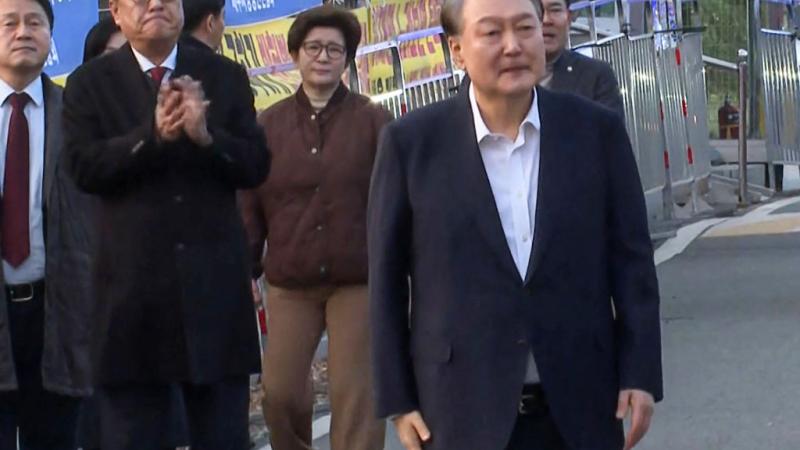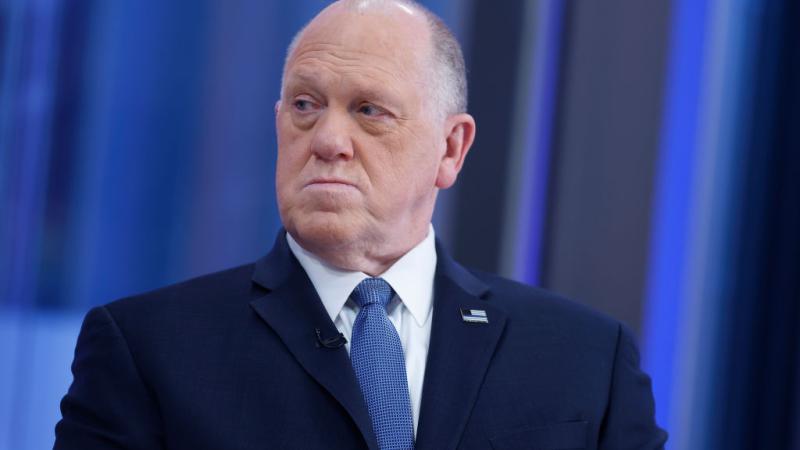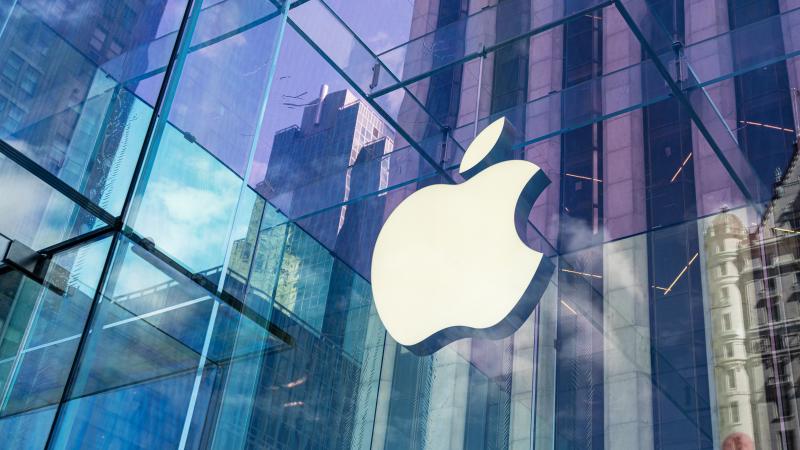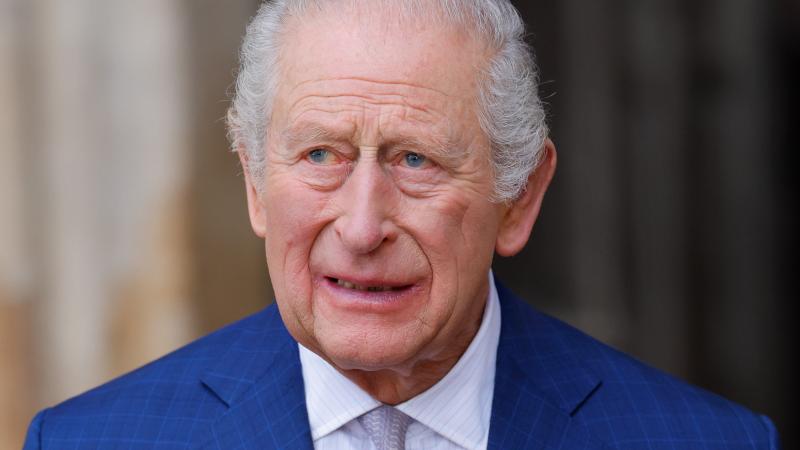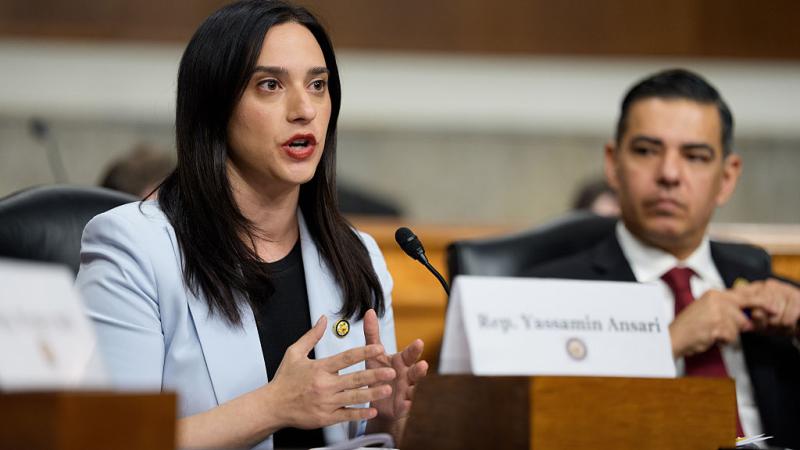Free speech or profits? Musk move to forgo Twitter board seat fuels speculation about objectives
Elon Musk "likes getting control of companies fast," said Aron Solomon. "He sees involvement in Twitter as a way to get the company to grow in scale, which Jack Dorsey couldn't do."
Since Elon Musk became the largest shareholder of Twitter and reversed his initial decision to join the Big Tech company’s board of directors, experts are speculating that he is looking to stage a hostile takeover of the social media platform.
After buying a 9.2% stake in the company, Musk was set to join the board on Saturday, when he did a sudden about-face and told the board that he was declining the seat.
Twitter CEO Parag Agrawal announced Musk's decision on Sunday, tweeting: "I believe this is for the best. We have and will always value input from our shareholders whether they are on our Board or not. Elon is our biggest shareholder and we will remain open to his output."
On Saturday, Musk tweeted a list of Twitter's top 10 accounts, writing, "Most of these 'top' accounts tweet rarely and post very little content. Is Twitter dying?"
In since-deleted Twitter polls, Musk tweeted on Sunday, "Delete the w in Twitter?" and "Convert Twitter SF HQ to homeless shelter since no one shows up anyway?"
Aron Solomon, editor of news and legal analysis site Today's Esquire and head of strategy for Esquire Digital, told Just the News on Monday that Musk couldn't post those tweets if he was "a board member because he'd be subject to discipline."
"I don't think it benefits him at all to take a board seat," Solomon explained. If the Telsa CEO was on the board of Twitter, he would not be able to own more than a 14.9% stake in the company.
He reasons that Musk staging a hostile takeover of Twitter is the easiest and likeliest explanation of his decision not to join the board.
If Musk joined the board, then he would have been limited in what he could do and how many shares he could acquire in a period of time, Solomon noted.
"He likes getting control of companies fast," Solomon said. "He sees involvement in Twitter as a way to get the company to grow in scale, which Jack Dorsey couldn't do," as the former Twitter CEO was divided between Square and Twitter and more focused on building "his own persona than growing and scaling the company."
"Musk is in a better position to grow and scale the business," Solomon said, noting that he "would put a board in that'll follow him."
Solomon suggested that Musk "keep the stock healthy and show the great things he can do for Twitter and give shareholders a good deal for them to sell their stock."
Musk's "agenda is to be involved in the company that he helps grow, and make a lot of money," he said.
Unlike how former President Donald Trump created his own media company and social media platform after he was banned from Twitter, Musk takes a company that's already established and intends to grow it, Solomon said.
On March 26, Musk tweeted: "Given that Twitter serves as the de facto public town square, failing to adhere to free speech principles fundamentally undermines democracy. What should be done?"
In a reply tweet, Musk asked, "Is a new platform needed?"
Conservatives such as ex-Trump campaign lawyer Jenna Ellis and documentary filmmaker and congressional candidate Robby Starbuck suggested in response to Musk that he instead buy Twitter and build free speech principles into its policies.
"Rivals will never be able to compete effectively," Ellis tweeted. "Buy it and run it with actual public forum and free speech principles. Preserve genuine debate and the right to disagree."
Starbuck tweeted: "Buy it and fire the communists who run it right now. You can save free speech. In Congress we must make platform access a right so no one can ever be removed from the public square over unpopular speech!"
Kara Frederick, Research Fellow in the Center for Technology Policy at the Heritage Foundation, told Just the News that she is "hopeful" about Musk making changes to better protect free speech at Twitter, given his public statements and the March 26 tweet.
"[I]t shows he at least understands the fundamentals of the problem," Frederick said. "I hope he defies current CEO Parag Agrawal's instincts to consider the company not 'bound by the First Amendment' and institutes 1A as the guiding principle behind their content moderation decisions going forward. Empowering the users in a technical sense, such as with algorithmic choice, would go a long way as well."
She added that she believes Musk is looking "to bring some balance to Twitter's abuse of its position as the 'de facto public town square.'"
Solomon said he puts "less weight" on the idea that Musk is trying to make Twitter into the "beacon of free speech."
"He sees an asset in which his involvement makes it more valuable — he does this with his businesses," the analyst said.





